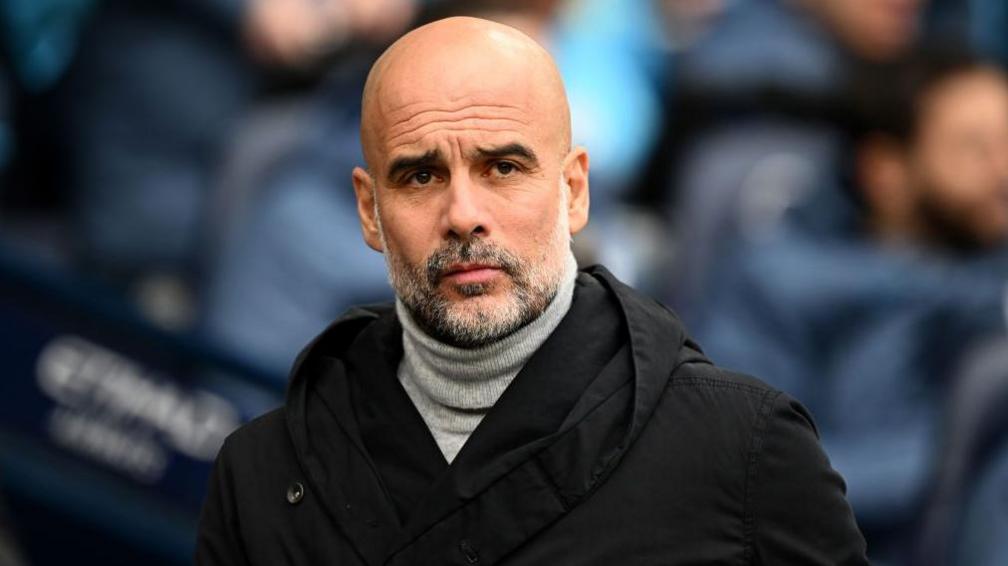News And PoliticsCommunications And EntertainmentSports And FitnessHealth And LifestyleOthersGeneralWorldnewsBusiness And MoneyNigerianewsRelationship And MarriageStories And PoemsArts And EducationScience And TechnologyCelebrityEntertainmentMotivationalsReligion And PrinciplesNewsFood And KitchenHealthPersonal Care And BeautySportsBusinessFamily And HolidaysStoriesIT And Computer ScienceRelationshipsLawLifestyleComedyReligionLifetipsEducationMotivationAgriculturePoliticsAnnouncementUSMLE And MedicalsMoneyEngineeringPoemsSocial SciencesHistoryFoodGive AidBeautyMarriageQuestions And AnswersHobbies And HandiworksVehicles And MobilityTechnologyFamilyPrinciplesNatureQuotesFashionAdvertisementChildrenKitchenGive HelpArtsWomenSpiritualityQuestions AnsweredAnimalsHerbal MedicineSciencePersonal CareFitnessTravelSecurityOpinionMedicineHome RemedyMenReviewsHobbiesGiveawayHolidaysUsmleVehiclesHandiworksHalloweenQ&A
Top Recent
Loading...
You are not following any account(s)
profile/5377instablog.png.webp
Instablog9ja

Just In: Three Bodies Recovered After A Helicopter Carrying NNPCL Officials Crashes In Rivers State
~0.8 mins read
At least three persons have been confirmed dead after a chopper ferrying employees of Nigeria’s oil company, NNPC, crashed minutes after departing the Port Harcourt Military Base (DNPM) to an oil rig on Thursday.
The helicopter, with eight persons onboard, including the crew, crashed around 11:22 a.m. into “the waters near Bonny Finima in the Atlantic Ocean,” a statement by the Ministry of Aviation said Thursday evening.
The chopper, which crashed mid-air, was missing alongside passengers and crew members, but NNPCL says three bodies have been recovered while search was underway to locate the remaining persons.
“Search and rescue missions are currently ongoing. So far, three (3) bodies have been recovered,” a statement by NNPCL spokesperson Femi Soneye said on Thursday. “We shall continue to monitor the situation and provide regular updates as the events unfold.”
The aviation ministry said the helicopter was a Sikorsky SK76 registered as 5NBQG and “operated by East Wind Aviation”, noting that it was en route to the NUIMANTAN oil rig when the accident occurred.
dataDp/1032.jpeg
Worldnews

Russia-Ukraine War: List Of Key Events, Day 1,231
~0.2 mins read
Here are the key events on day 1,231 of Russia’s war on Ukraine. Here is how things stand on Wednesday, July 9: Follow Al Jazeera English:...
Read this story on Aljazeera
dataDp/3575.jpeg
Futbol

Man City's Poor Season Down To Me - Guardiola
~1.3 mins read
Manchester City boss Pep Guardiola says his performance as manager this season has been "really poor". City, Premier League champions in each of the last four seasons, are fifth in the table and 22 points behind leaders Liverpool with nine matches remaining. Guardiola, who has guided City to six Premier League titles since joining in 2016, has never finished a season lower than third with any club during his managerial career. Asked how he rates his own work as manager this term, Guardiola, 54, said: "This season? Really poor. "The opponents never gave us a red carpet to win the titles that we won in the past. My duty was to overcome the situation much better than I have done [this season]." He said the reason this has happened are "a few details", adding: "Hopefully this will not happen next season. This is important." City are hoping to reach the semi-finals of the FA Cup for the seventh consecutive season when they take on Bournemouth in the quarter-finals on Sunday at the Vitality Stadium (16:30 BST). But Guardiola says even victory in the competition and qualifying for the Champions League by finishing in the top four would not make amends for their failed Premier League title defence. "Of course it would be nice to arrive in the final of the FA Cup and win it, and qualify for the Champions League," said Guardiola. "That would be a big success but the season has been poor and it's not going to change. "Our standards and many things were not good, this is the reality. That's not going to change for the fact we win one title or qualify for the Champions League. "We'll be happy, of course. We want to do it but the season has not been good."
All thanks to BBC Sport
dataDp/9958.jpeg
P7as2
9 Of The Best Cricket Ads That Hit It Out Of The Park
~2.8 mins read
With the ICC Champions Trophy about to start in two weeks, the cricket craze is all set to return to our country. However, the enthusiasm is not just limited to India. Recently, Amazon Australia and NZ released a series of ads where Australian skipper Pat Cummins is seen preparing for the tournament. One of the ads had him preparing how to sledge in front of a mirror. This ad reminded me of the countless cricket ads, some featuring cricketers, some with common people, and some with cartoons, that perfectly built up the excitement and tension around a tournament. Here are some of the best and our favourite ads around cricket which we have seen in the recent times. My favorite ad campaign of all time came during the 2011 World Cup. In a series of ads, Pepsi imagined how some of the most iconic shots, gestures, and bowling actions in cricket could have been invented. From Sehwag’s uppercut to MS Dhoni’s helicopter shot, from Harbhajan’s doosra to Umpire Billy Bowden’s unique style of giving out, the campaign completely blew my pre-teen-cricket-manic self. Whenever there’s an India vs Pakistan match nowadays, you can see brands leaving no stone unturned to show their presence on social media. However, in terms of capturing the essence of the rivalry, none of them come as close to being iconic as the series of Mauka Mauka ads. Such was the popularity of the series that they kept producing its sequels whenever this particular match was scheduled in a WC, until 2021. IPL is celebrated as a festival in our country, and the ‘king of good times’ gave us one of the most memorable jingles from this tournament. I remember the tagline “Divided by teams, united by Kingfisher” being highlighted in the ads when all our favourite cricketers used to sing this in unison. You must remember the Dravid one where ‘The Wall’ uncharacteristically becomes part of a road rage. With the bat in his hand and coming out of the sunroof of his car, he shouts, “Indiranagar ka gunda hai main.” However, there was also another ad in this campaign where Kapil Dev behaves like Ranveer Singh. In a different ad, some former cricketers were imagined to be part of a boy band. Though technically not an ad featuring the elements or superstars of cricket, you can’t leave ZooZoos out when talking about cricket ads. Those adorable creatures sometimes became more entertaining than the match itself. I remember eagerly waiting for these ads to come in between the break, even if it meant the dismissal of my favourite batsman. Even if you missed this epic ad when it used to air during the 2015 WC, the song has lately been famous on Instagram reels. 2015 was a unique World Cup, it was the first time we consumed this grand event live on our phone screens. So this song was a perfect blend of changing times and the changing nature of the game. You all must have seen the iconic Dairy Milk ad where a woman dances her way into the cricket ground after a player hits the ball out of the park. Cadbury decided to bring this ad back a few years ago. They reversed the gender, now it was a girl who hit the six, and a boy dances and enters the field. However, we are glad that they left the music untouched. Before Adidas took over as the kit manufacturer of the Indian Cricket Team, we saw Nike’s swoosh on the Indian jersey all our childhood. During the 2011 World Cup, Nike came up with a brilliant ad campaign called ‘Yards’ that beautifully captures what cricket means to Indians. Even after 14 years, I still get goosebumps watching it. Nowadays, whenever the cast of an old movie reunites, instead of getting excited we get frustrated as we already know it would be for an ad campaign. However, nearly 2 years ago, when Dream 11 came up with the cast of 3 Idiots, it was such a novel concept. They seamlessly blended cricket with Bollywood, the two most popular things in our country.
Source: scoopwhoop.com
Loading...
 Instablog9ja
Instablog9ja
 Worldnews
Worldnews
 Futbol
Futbol
 P7as2
P7as2